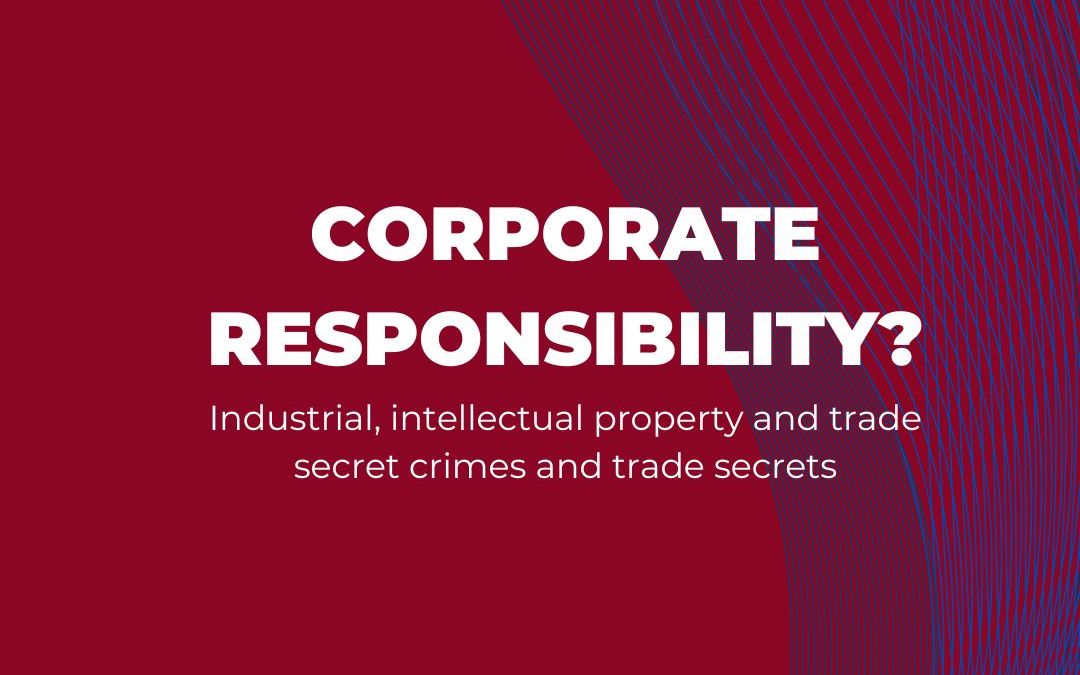On August 17, 2023, Law No. 21.595, known as the New Law on Economic Crimes, was published in the Diario Oficial (Chilean Governmental Gazzette). This is the biggest reform to the Law on Criminal Liability of Legal Entities (Law No. 20.393) and one of the most relevant milestones in economic criminal law in years.
In effect, this new law considerably broadens the catalog of crimes for which a legal entity may be criminally liable. Thus, four categories of crimes have been created to determine whether or not they should be considered as economic crimes, which directly affects the determination of aggravating and mitigating factors in the sentencing phase.
“Article 50 N°3: A legal person shall be criminally liable for any of the crimes indicated in Article 1, perpetrated within the framework of its activity by or with the intervention of any natural person who occupies an office, function or position in it, or provides services to it by managing its affairs before third parties, with or without its representation, provided that the perpetration of the act is favored or facilitated by the lack of effective implementation of an adequate model of prevention of such crimes, on the part of the legal person.”
Within the new range of injurious conducts added by this regulation, “second category crimes” include those contemplated in Law No. 19,039 on Industrial Property, most of those established in Law No. 17,336 on Intellectual Property and some others of the Criminal Code related to trade secrets.
“Article 2: Second category. The acts provided for in the legal provisions below shall also be considered economic crimes, provided that the act was perpetrated in the exercise of an office, function or position in a company, or when it was for the economic benefit or of another nature for a company (…).”
We especially highlight this group of offenses because never has a legal entity been susceptible to be criminally liable for offenses related to industrial and intellectual property matters and/or trade secrets.
Specifically, today a company can be prosecuted for 11 intellectual property offenses, 19 industrial property offenses and 6 offenses related to trade secrets. In total, there are 36 criminal offenses related to IP matters and new technologies that can affect a company.
As established in Law No. 20,393, the “lifeline” for companies will continue to be the effective implementation of a crime prevention model. The only relevant change in this matter is that now this model must be periodically evaluated by independent third parties and have mechanisms for updates due to such provisions.
Failure to have a proper crime prevention model may result in fines of up to UTM 5,000 to disqualification from contracting with the State and even the appointment of a Supervisor by the Court to the company.
In this sense, today it is more urgent than ever that companies train their employees, collaborators and their respective compliance areas in intellectual and industrial property matters, in order to be able to generate an effective crime model that covers all possible aspects related to this new group of crimes.

